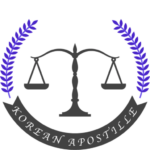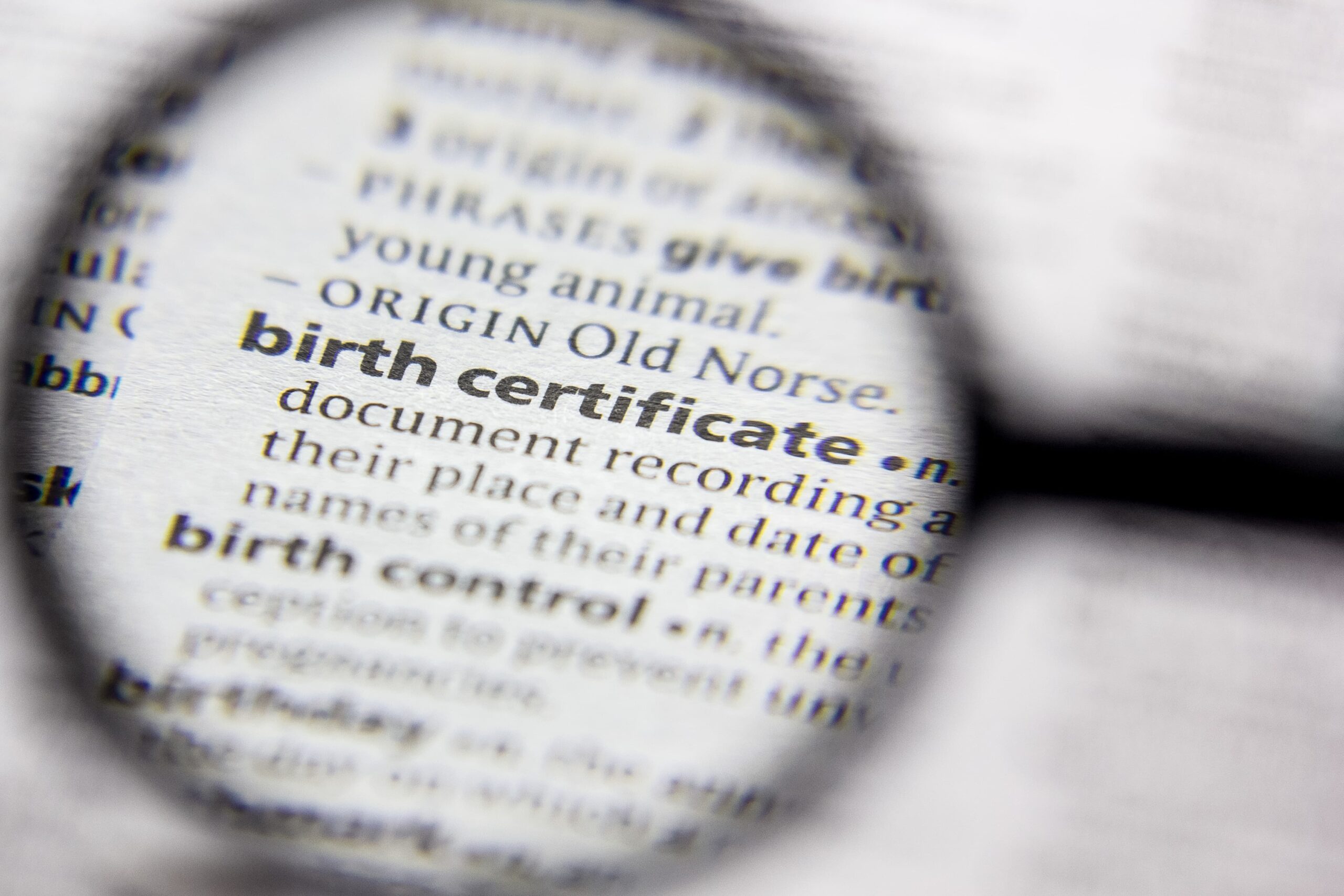Why You Don’t Need Korean Notary Services for Your Foreign Documents: Understanding International Notarization
Common misconceptions among expatriates and foreign nationals in South Korea lead to unnecessary complications, delays, and expenses when dealing with international legal documents. Many believe that their foreign-issued documents require Korean Notary Services to make them valid for use in their home country or other international jurisdictions. This fundamental misunderstanding of how notarization works across borders can cause significant problems and unnecessary stress, but Korean Apostille is here to help you understand.
The Fundamental Misunderstanding About Korean Notary Services
Korean notary publics operate under a distinctly different system compared to their international counterparts; their primary function is to handle documents that originate within the Republic of Korea (ROK). This system is designed specifically for Korean-issued documents and follows procedures that are unique to the local legal framework. When Korean notaries do handle foreign language documents, they follow specific protocols that may not align with what foreign jurisdictions require.
The confusion often arises when individuals are told to have their documents notarized without understanding the jurisdictional aspects of notarization. For instance, a South African power of attorney needs to be notarized according to South African legal requirements, not those in Korea. Similarly, a US will, Canadian business contract, or British property deed each require notarization that comply with legal standards in each respective nation.
South Korean notaries work within a framework established by the Korean Notary Public Act, which governs their duties and limitations. Their primary responsibility is to authenticate documents issued by Korean authorities or to verify signatures on documents that will be used in the ROK. When dealing with foreign documents, Korean notaries typically attach separate certificates rather than signing the original documents directly, which may meet requirements in overseas jurisdictions.
What Korean Notaries Actually Do
Korea’s notarization system serves specific functions within the national legal framework using notaries appointed by the Minister of Justice that operate under strict guidelines governing their authority and responsibilities. Their duties include preparing notarial deeds, authenticating signatures, and providing various certification services, but these services are primarily designed for domestic legal transactions.
When Korean notaries do work with foreign language documents, they follow a unique process where verification is conducted on a separate certification document rather than on the original. This approach differs significantly from notarization practices in many nations, where notaries typically sign and seal original documents. Separate certification includes text such as “personally appeared before me and admitted his(her) subscription to the attached document” that is provided in Korean and English.
The fee structure for Korean notary services reflects their focus on local legal matters, which cost from KRW11,000 for basic documents and up to KRW2 million or higher for complex transactions. However, these services are specifically designed for Korean legal requirements and may not satisfy the notarization requirements of foreign jurisdictions.
Why Foreign Documents Create Problems for Korean Notaries
Korean notaries face several practical and legal limitations when dealing with foreign-issued documents. First, they must understand the legal implications and requirements of the document they are notarizing, which becomes challenging when dealing with legal instruments from foreign jurisdictions. Each country has specific requirements for how notarization should be performed, what language should be used, and what procedures must be followed.
Language barriers present another significant challenge. While some Korean notaries can work with English language documents, the nuances of legal terminology from different countries can create complications. A Korean notary may not fully understand the legal implications of a South African power of attorney or the specific requirements that South African law imposes on such documents.
The jurisdictional limitations are perhaps the most significant issue. Korean notaries are commissioned to work within the Korean legal system and may not have the authority or expertise to properly notarize documents according to foreign legal standards. This limitation is not unique to Korea; most countries restrict their notaries to working within their own legal frameworks.
The Solution: Online Notary Services from Your Home Country
The solution to this common problem is straightforward: use online notary services from the country where the document was issued or where it will be used. Modern technology has made remote notarization possible and legally acceptable in many jurisdictions, providing a convenient alternative for expatriates and international travelers.
Online notary services offer several advantages for people dealing with international documents. They operate according to the legal requirements of the issuing jurisdiction, ensuring that the notarization meets all necessary standards. The notaries are familiar with the specific requirements of their country’s legal system and can properly execute the notarization according to local laws.
The process is typically straightforward and user-friendly. Most online notary services require users to upload their documents, verify their identity through government-issued identification, and participate in a video conference with a licensed notary public. The entire process can often be completed within minutes, making it far more convenient than trying to navigate the complexities of foreign notarization systems.
There are reputable online notary services that cater specifically to international clients, with services designed to meet the needs of foreign nationals living abroad who need documents notarized according to their home country’s requirements.
When Do You Actually Need Korean Notary Services?
Understanding when Korean notary and apostille services are actually necessary helps clarify the distinction between different types of document authentication. Korean notary services become essential when dealing with documents that are issued in the ROK and need to be used in foreign countries. This includes Korean academic transcripts, marriage certificates, business registration documents, and other official government-issued documents.
South Korea’s apostille process is handled by specific government agencies depending on the type of document. Korea’s Ministry of Justice handles apostilles for certain types of documents, while the Ministry of Foreign Affairs handles others. This process is necessary when Korean-issued documents need to be recognized in countries that are parties to the Hague Apostille Convention.
For example, if a Korean university graduate needs their Korean diploma recognized in the United States, they would need to have the document notarized by a Korean notary and then apostilled by the appropriate Korean government agency. This process validates the Korean document for use in the foreign country.
Practical Steps for People in International Situations
For individuals who find themselves needing document notarization while in South Korea, the first step is to identify where the document was issued and where it will be used. If the document was issued outside of Korea and will be used outside of the country, then Korean notary services are not the appropriate solution.
The next step is to research online notary services available from the relevant country. Most developed countries now offer some form of remote or online notarization services. These services are specifically designed to meet the legal requirements of their respective jurisdictions and provide the proper authentication needed for international documents.
For documents that require additional authentication for international use, an apostille process could be necessary post-notarization, which is where we can help. We note, however, that an apostille should be obtained from the original issuing country, not from South Korea. An apostille certifies the notary’s authority and makes the document acceptable in nations that are party to the Hague Apostille Convention.
It is important to verify the specific requirements of the receiving party or institution before proceeding with any notarization or apostille process. Some organizations may have specific requirements about which notary services they accept or what additional authentication may be needed.

Conclusion
The misconception that foreign nationals need Korean notary services for their home country documents creates unnecessary complications and expenses. Korean notaries are designed to work within the Korean legal system and with Korean-issued documents. For foreign documents, either do it in person before traveling to the ROK or use online notary services from the document’s country of origin.
This understanding can save significant time, money, and frustration for expatriates and international travelers. Rather than struggling to find a Korean notary who can handle foreign documents, individuals need to access proper notarization services from qualified notaries who understand the specific legal requirements of their jurisdiction.
By clarifying these distinctions, people can avoid the common pitfall of seeking inappropriate notarization services and instead pursue the correct path for their international document needs. This knowledge empowers individuals to make informed decisions about their legal document requirements and ensures that their important transactions proceed smoothly and efficiently.



